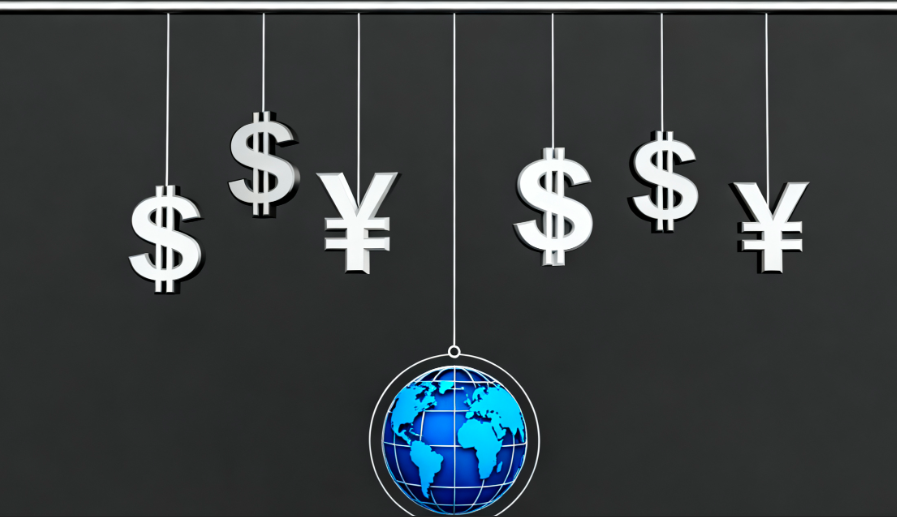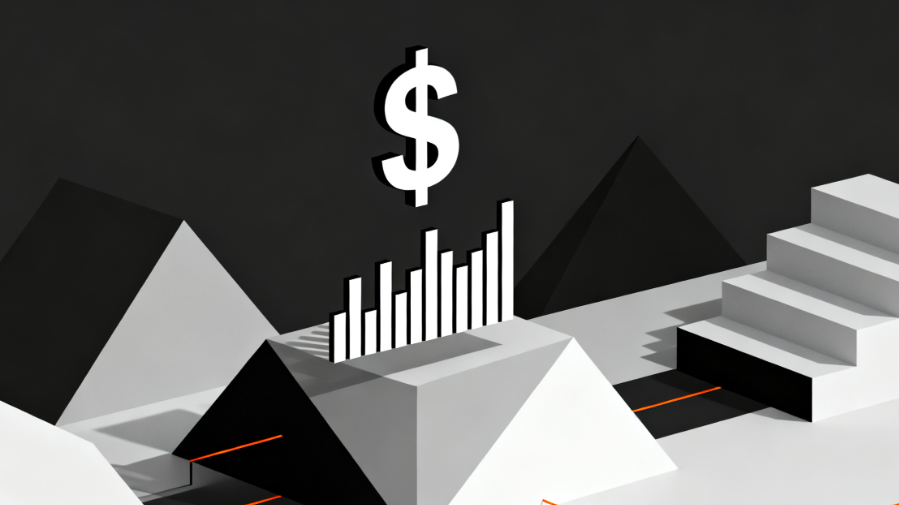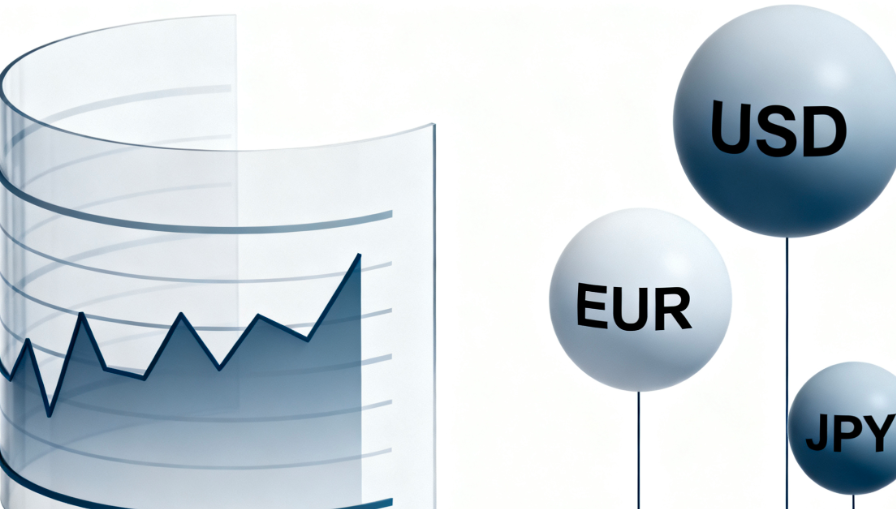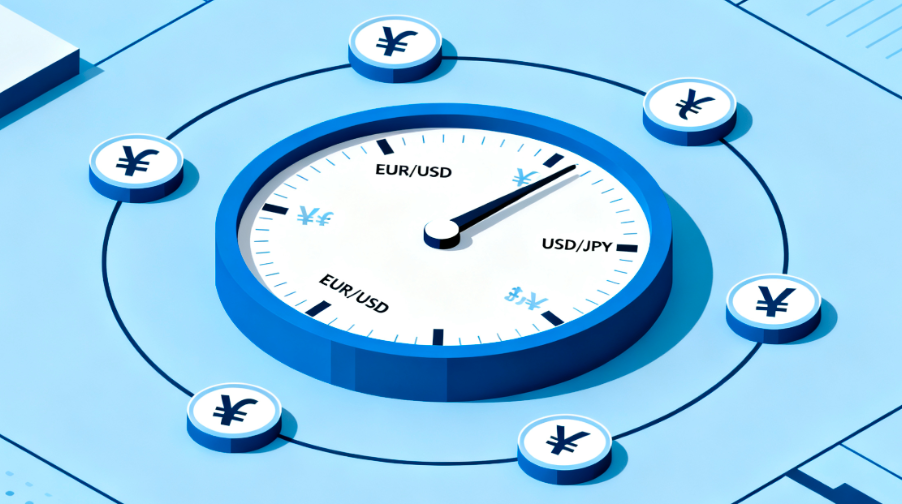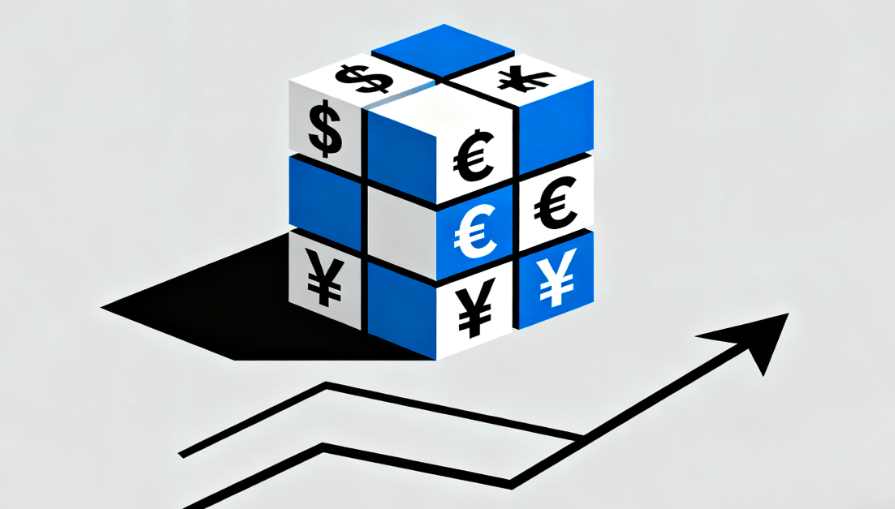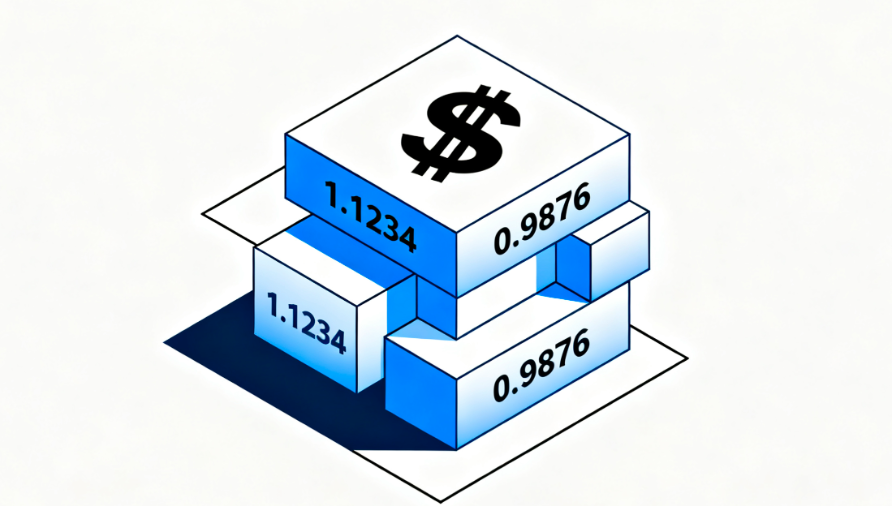
Tallying the Economic and Social "Bad Debt" from the US Government Shutdown
Xinhua News Agency, Washington, November 12 - Special Feature | Tallying the Economic and Social "Bad Debt" from the US Government Shutdown
The US House of Representatives formally passed a temporary funding bill for the federal government on the 12th. President Trump signed the bill at the White House that evening, ending the record-breaking 43-day US federal government shutdown.
Analysts point out that although the shutdown has ended, during the over month-long period where Republicans and Democrats were locked in a stalemate of confrontation, the impacts of the shutdown continued to expand, leaving behind difficult-to-reverse "bad debt" losses in areas such as the economy and people's livelihoods.
A recent video circulating on US social media has moved many. In the video, a mother named Ashley receives a message stating that the monthly food assistance benefits might not be distributed in November due to the government shutdown. Living in straitened circumstances, Ashley becomes emotional and tears up, saying: "What's disgusting is that we're being used as bargaining chips."
Currently, there are many ordinary Americans with experiences similar to Ashley's. Affected by the shutdown, the distribution of the Supplemental Nutrition Assistance Program (SNAP), which covers 42 million Americans, encountered obstacles.
While low-income groups suffered from the shutdown, the two US parties exchanged accusations in both chambers of Congress: Republicans accused Democrats of refusing to pass relevant bills to exploit public suffering for political gain; Democrats criticized Republicans for using the people as "political pawns" and using hunger as a "tool of threat."







